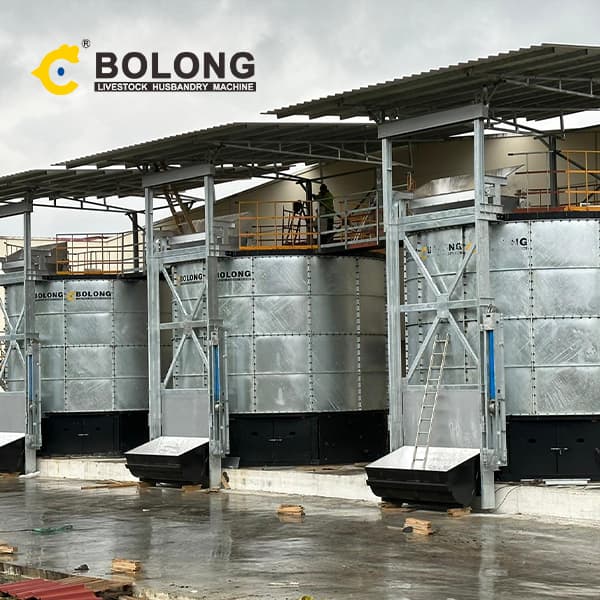
2022/7/26/ · Fruit waste is used to produce substances of economic importance, such as organic acids, single-cell protein (SCP), single-cell oils, enzymes, biocolors, flavors, aroma esters, cellulose, pectin, and other polysaccharides, antibiotics, biopesticides, and plant growth regulators can be used to generate bioethanol, biogas, and biohydrogen
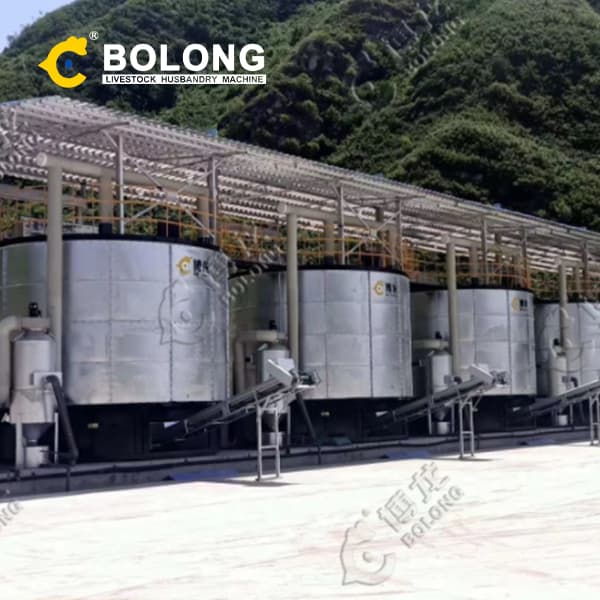
2023/8/25/ · Fruit waste hydrolysate: In the dark fermentation process, the organic waste degraded is leading to hydrogen as the key product, and other by-products such as alcohols (ethanol, butanol) and organic acids (acetate, butyrate) etc. (Rizwan et al., 2019) (Fig. 3). The bioavailability of the organic content that present in FW may be limited ...
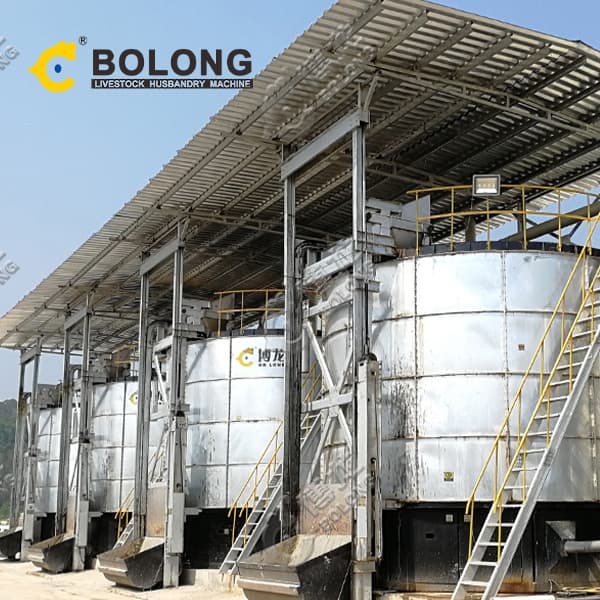
2023/4/30/ · Abstract and Figures. This study aims to determine the source of eco-enzyme raw materials and the most appropriate dilution volume to produce quality eco-enzyme fertilizer for plant growth. 1
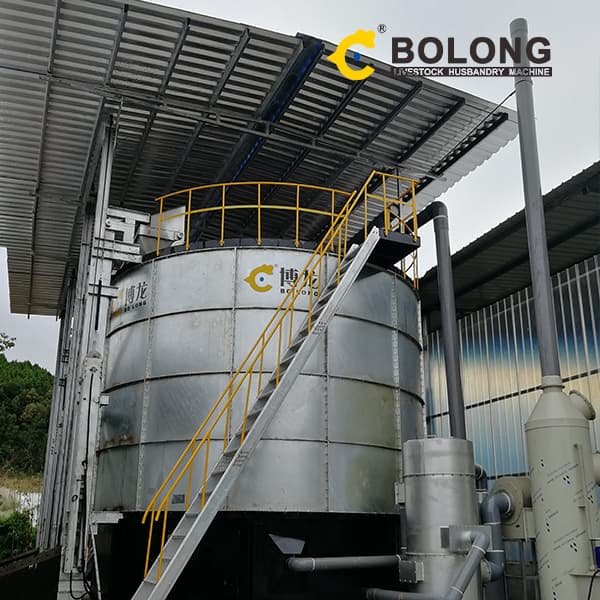
2017/2/1/ · The aim of this study was to investigate the possibility and optimal controlling strategy for ethanol-type acidogenic fermentation of fruit and vegetable waste by mixed microbial cultures. Four continuous stirred tank reactors (CSTR) were operated at various pHs (4.0, 5.0, 5.5, and 6.0) with an organic loading rate of 13 gVS/(L d) and
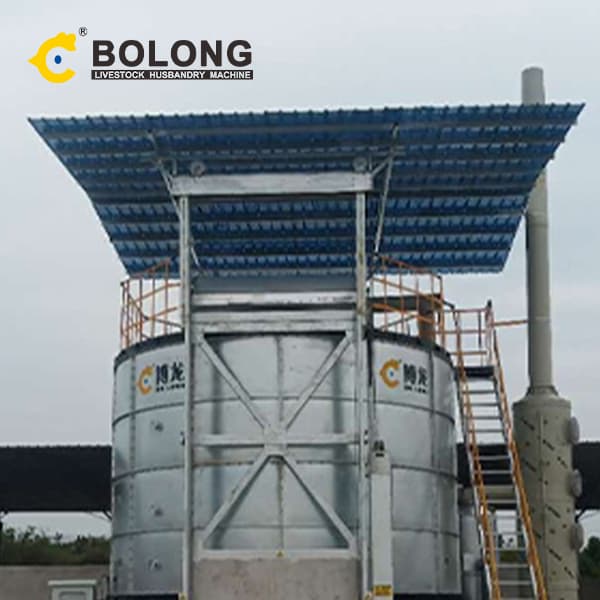
2021/3/26/ · Fermentation is a process operated by microorganisms to break down organic compounds to obtain energy through anaerobic metabolism. This biological

2024/3/7/ · Strain and Store: After fermentation, strain the liquid into a clean container, discarding the solid plant material. The resulting liquid is your FPJ. Usage: Dilute FPJ with water at a ratio of 1:1000 before applying it to your plants. FPJ can be used as a foliar spray or added directly to the soil.
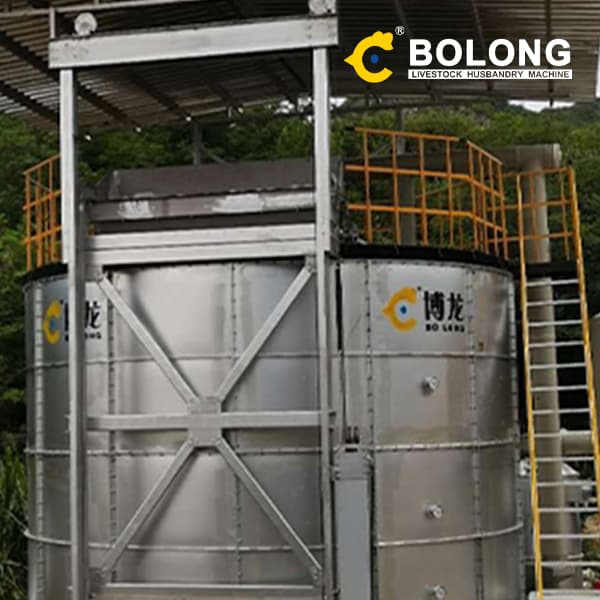
2012/10/1/ · 2.2. Experimental setup. In both reactor types, the experiments were conducted continuously with increasing organic loading rates. Compared to fermentation with the CSTR, the organic loading rate of the FBR system was increased in larger steps over shorter periods based on the known characteristics of the reactor system as well as
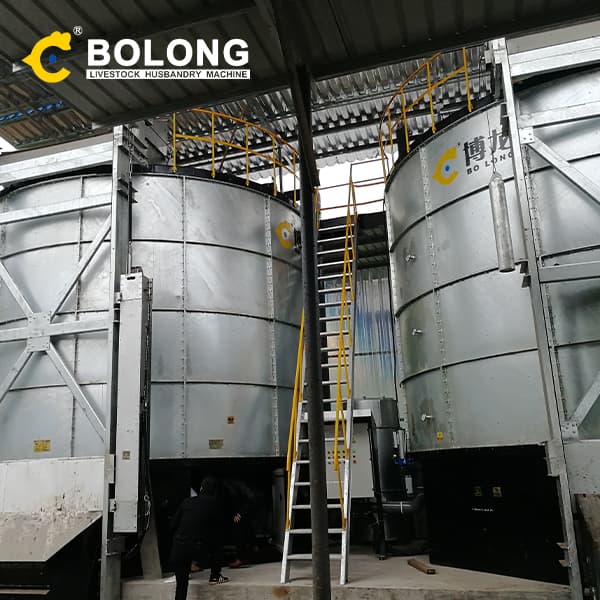
2022/7/26/ · 2.4. Production of SCP Using Liquid State Fermentation Process. Fifty milliliters of sterilized fruit peel and control medium were transferred into a pre-sterilized Erlenmeyer flask (250 mL) in triplicate under sterile conditions. Each sterilized medium was inoculated with 5 mL of fresh palmyrah toddy sample.
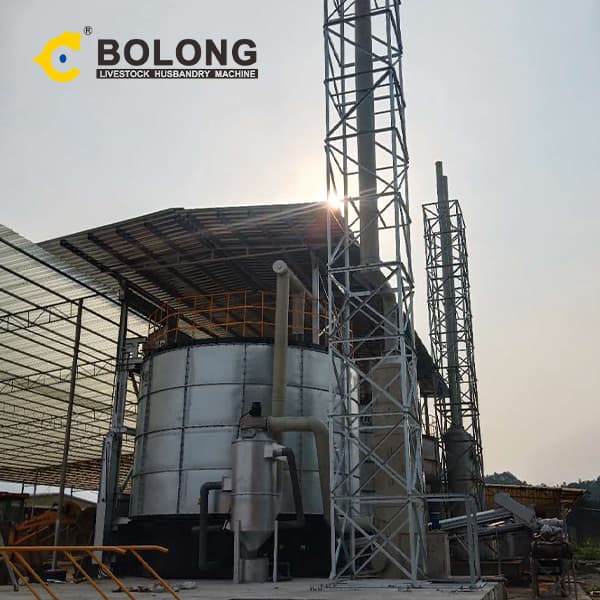
2019/5/21/ · Proper waste disposal of pineapple’s organic residues (which include the fruit peel and crown) is necessary especially for the industrial companies that use pineapple as the main ingredient in their products. R. Fermentation of pineapple fruit peel wastes for bioethanol production. Biomass Conv. Bioref. 9, 761–765 (2019). https://doi ...
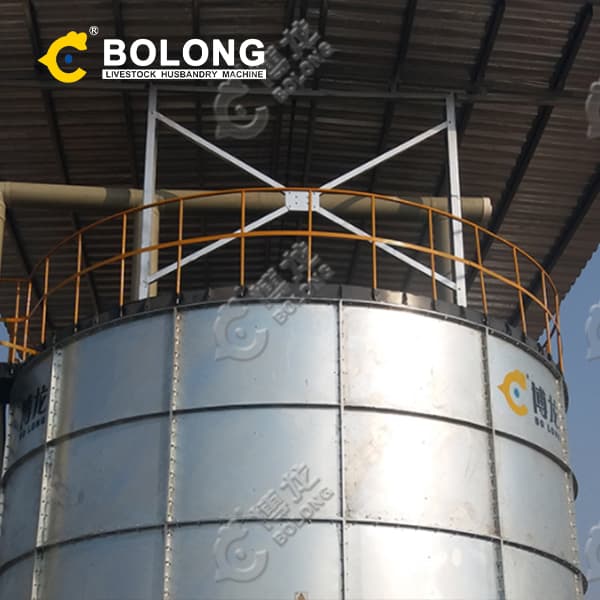
2024/3/1/ · Organic waste contains a large amount of matter containing carbon, so it is feasible to use it as substrate or electron donor to produce medium chain fatty acids, such as in a fermentation broth of organic waste such as sludge, food waste, fruit and vegetable waste, etc (Reddy et al., 2020; Wang et al., 2020a, Wang et al., 2020b, Wang et al
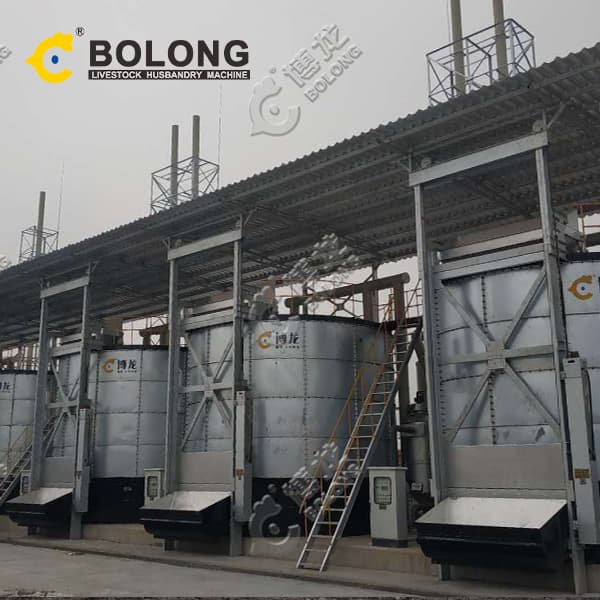
2022/8/1/ · Bio-enzymes can be produced by fermenting vegetable and fruit peels along with jaggery and water in the ratio 1(Jaggery): 3(peel waste): 10(water) in an airtight plastic container.
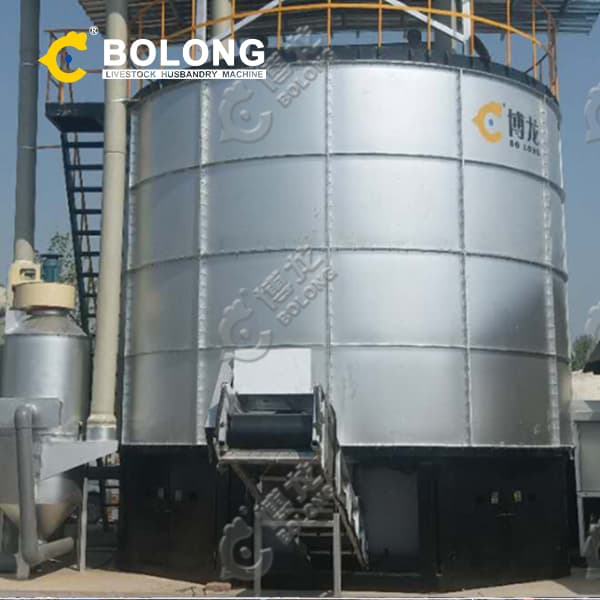
2022/10/2/ · It was found that the Clostridium strain BOH3 was capable to directly ferment food waste (52.57 g TS/l) and thereby could produce 10,720 ml/l of H 2. Similarly, date fruit wastes were used to produce biohydrogen through dark fermentation with the implementation of nanocomposites based on Fe 3 O 4 /activated carbon (Rambabu et al.,
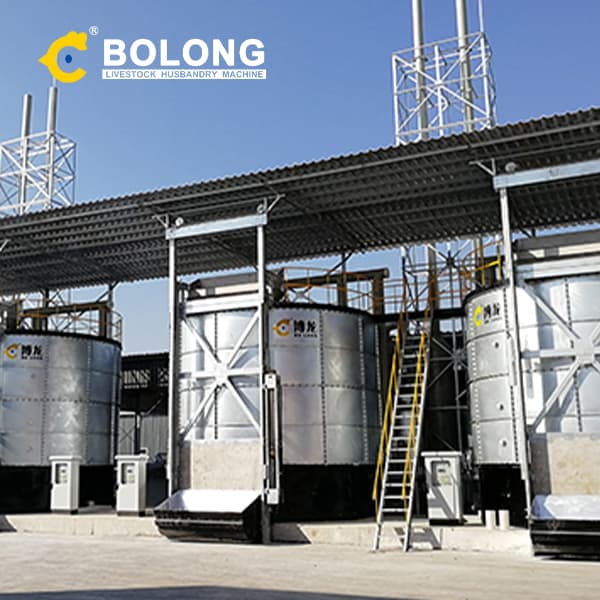
2023/7/29/ · The nutrients contained in fruit, cow dung and cow's urine were thus recovered. According to Muniappan et al. [9], the biofertilizer made from fermented banana waste has a pH of 6.72 ± 0.05
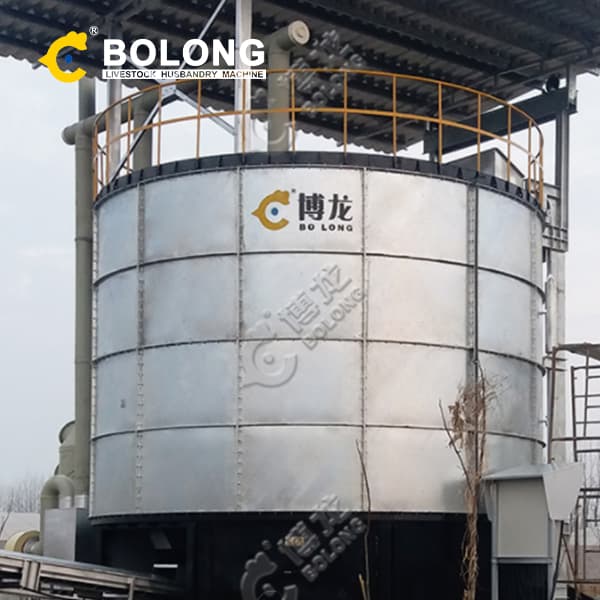
2022/12/12/ · Solid-state fermentation (SSF) is part of the pathway to consolidate waste as a relevant alternative for the valorization of organic waste. The objective of SSF is to produce one or several bioproducts of added value from solid substrates.
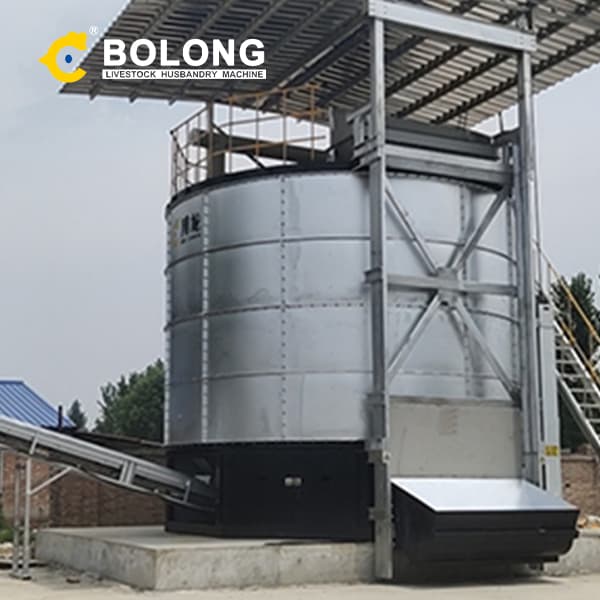
2023/12/27/ · reuse of organic waste in to a value added product is an essential strate gy to be adopted in management. Banana fruit waste was fermented using cow dung and cow urine. The Physico-chemical ...